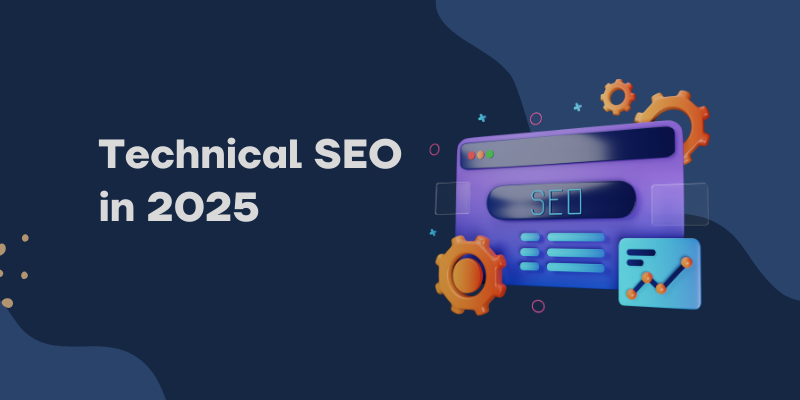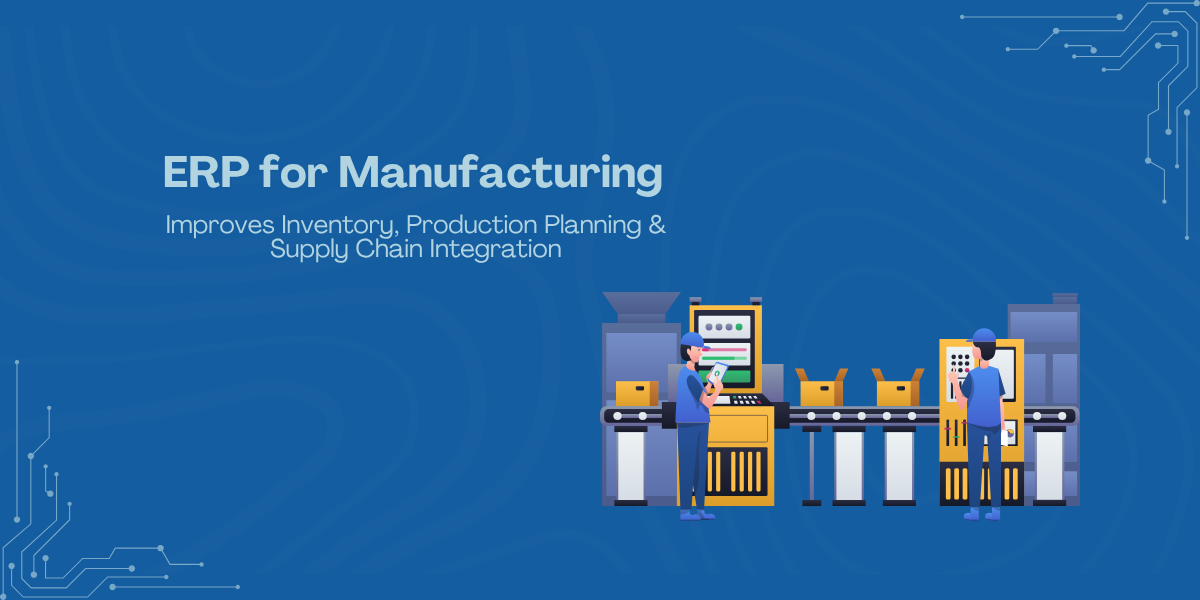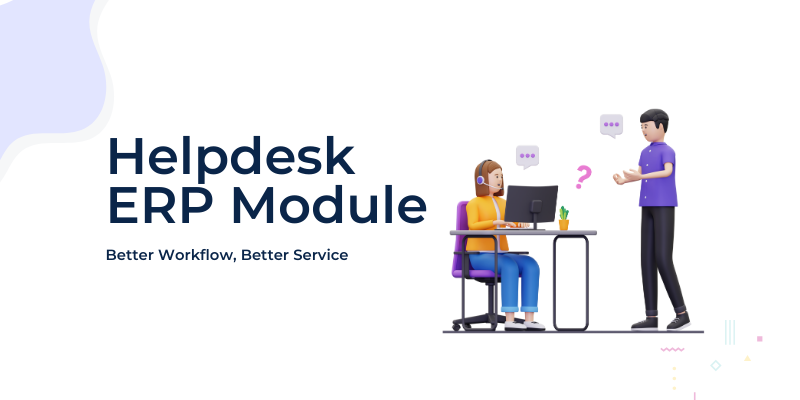Technical SEO helps a website work better and makes it easier for search engines to find and understand the site. Many people focus on keywords and content but forget the technical part, which can seriously affect how high a website appears in search results. This guide explains technical SEO in simple terms so anyone can understand it, even without a background in web development. Each part of this blog is explained in a clear and helpful way.
What Is Technical SEO?
Technical SEO means fixing a website’s setup and structure so that search engines like Google can easily read and list the pages. It focuses on the website’s behind-the-scenes setup rather than the content itself.
When done right, technical SEO helps search engines find and understand every page on your site without any confusion.It covers things like how fast the site loads, how well it works on mobile phones, using a secure connection (HTTPS), using tags correctly, and fixing broken links.
Why Technical SEO Matters
Even if a website has great content, it may not rank well in search results if the technical setup is poor. Technical SEO ensures that:
- Search engines can access your site easily
- All important pages get indexed correctly
- Users have a smooth experience
- Your website works well on all devices
Ignoring these points can stop your content from showing up on Google, no matter how good it is.
Main Elements of Technical SEO
Website Speed
What it means: How fast your website loads when someone opens it.
Why it matters: If a website is slow, visitors may leave fast. Google also likes websites that open quickly.
How to improve it:
- Use smaller image sizes
- Avoid too many plugins or scripts
- Use a good hosting service
- Enable browser caching and compression
Mobile-Friendly Design
What it means: Your website should work properly on smartphones and tablets.
Why it matters: Most users browse the internet using their phones. If your site doesn’t look good or work well, visitors will leave.
How to improve it:
- Use responsive design
- Test your website using Google’s Mobile-Friendly Test
- Avoid tiny text and make sure buttons are easy to tap
SSL Certificate (HTTPS)
What it means: A secure connection that shows up as a padlock in the browser bar.
Why it matters: Google prefers websites that are safe and secure. Users also trust websites with a secure connection.
How to improve it:
- Get a security certificate (SSL) from your website host.
- Set up redirects from HTTP to HTTPS
XML Sitemap
What it means: A file that shows all the main pages on your website.
Why it matters: It helps search engines find your content faster and more accurately.
How to improve it:
- Create an XML sitemap using plugins or tools
- Submit it to Google Search Console
- Make sure to update it whenever you add or delete pages.
Robots.txt File
What it means: A file that helps search engines know which pages to show and which ones to ignore.
Why it matters: Helps avoid indexing of duplicate or unimportant content.
How to improve it:
- Check that your robots.txt file doesn’t stop search engines from visiting important pages.
- Use Google Search Console to check for any problems.
Fixing Broken Links
What it means: Links on your website that don’t work anymore.
Why it matters: Broken links make the site harder to use and can make visitors trust it less.
How to improve it:
- Use tools like Broken Link Checker
- Update or remove broken links regularly
Structured Data (Schema Markup)
What it means: Simple code that helps search engines know what your content is about.
Why it matters: Can improve how your site appears in search results (like showing star ratings or product info).
How to improve it:
- You can add schema markup by using plugins or Google’s Structured Data Markup Helper.
- Test it using Google’s Rich Results Test
Canonical Tags
What it means: Tags that tell search engines which version of a page is the main one.
Why it matters: Prevents problems caused by duplicate content.
How to improve it:
- Add canonical tags to pages that have the same or similar content.
- Make sure the tag points to the correct version
Crawl Errors
What it means: Problems that stop search engines from accessing your website.
Why it matters: If Google can’t reach your pages, they won’t show in search results.
How to improve it:
- Look for crawl errors in Google Search Console to see if search engines have trouble visiting your pages.
- Fix server errors, page not found (404), or redirect issues
URL Structure
What it means: How your website addresses look (example: yoursite.com/about-us).
Why it matters: Clear URLs are easier for users and search engines to understand.
How to improve it:
- Keep URLs short and simple
- Use hyphens between words
- Avoid unnecessary characters or numbers
Why Code Agrius Is a Good Choice for Technical SEO Help
Code Agrius Digital Marketing Services provides Technical SEO solutions that help improve websites for both users and search engines. Without the proper setup, even the best content may not reach the right audience. Key areas like faster loading times, secure connections, mobile support, and well-structured URLs all play a role in how well a website performs in search results. While it may appear complex at first, technical SEO becomes manageable with the right guidance and tools. For anyone aiming to grow their website’s reach and visibility, focusing on technical SEO is a smart and effective step.
FAQs
How often should I check my website for technical issues?
It’s good to run a check at least once a month or after major updates to your site.
Do free website builders support technical SEO features?
Some free website builders offer basic support, but they may not give you full control. A self-hosted WordPress site gives more freedom for technical SEO.
What tools can help with technical SEO?
Tools like Google Search Console, Screaming Frog, Ahrefs, SEMrush, and GTmetrix can help you monitor and improve your technical SEO.
Is content more important than technical SEO?
Both are important. Even the best content won’t show up in search if the site is technically weak. Technical SEO supports the content by making it easier to find and understand.






